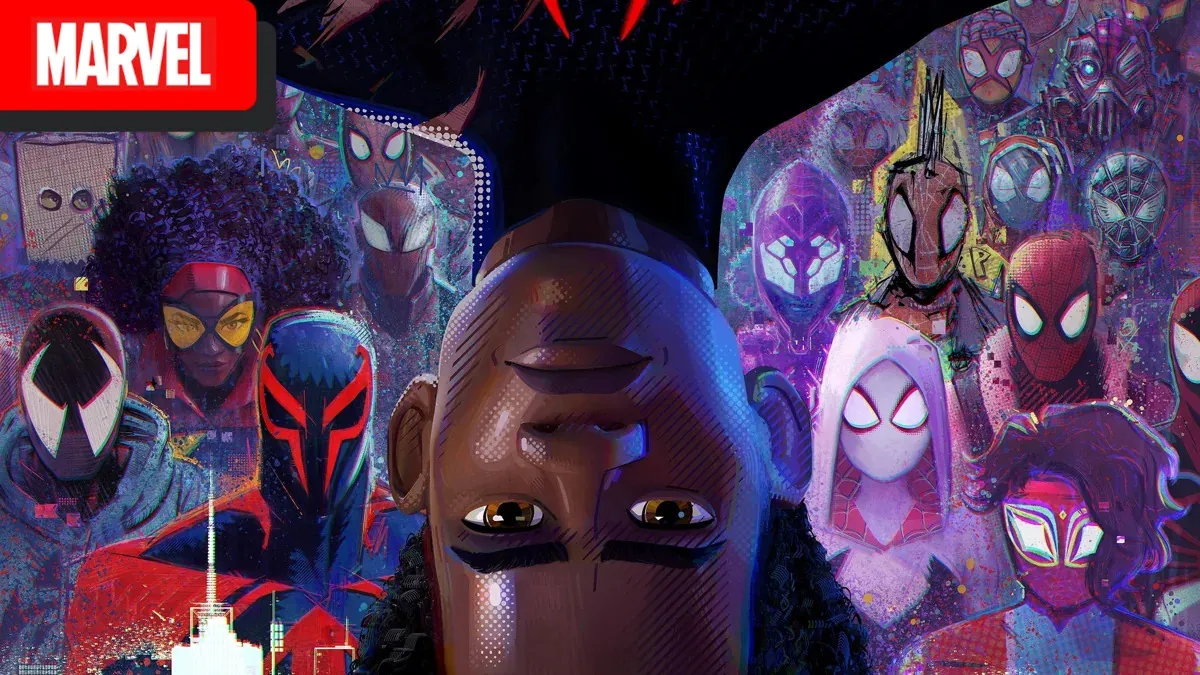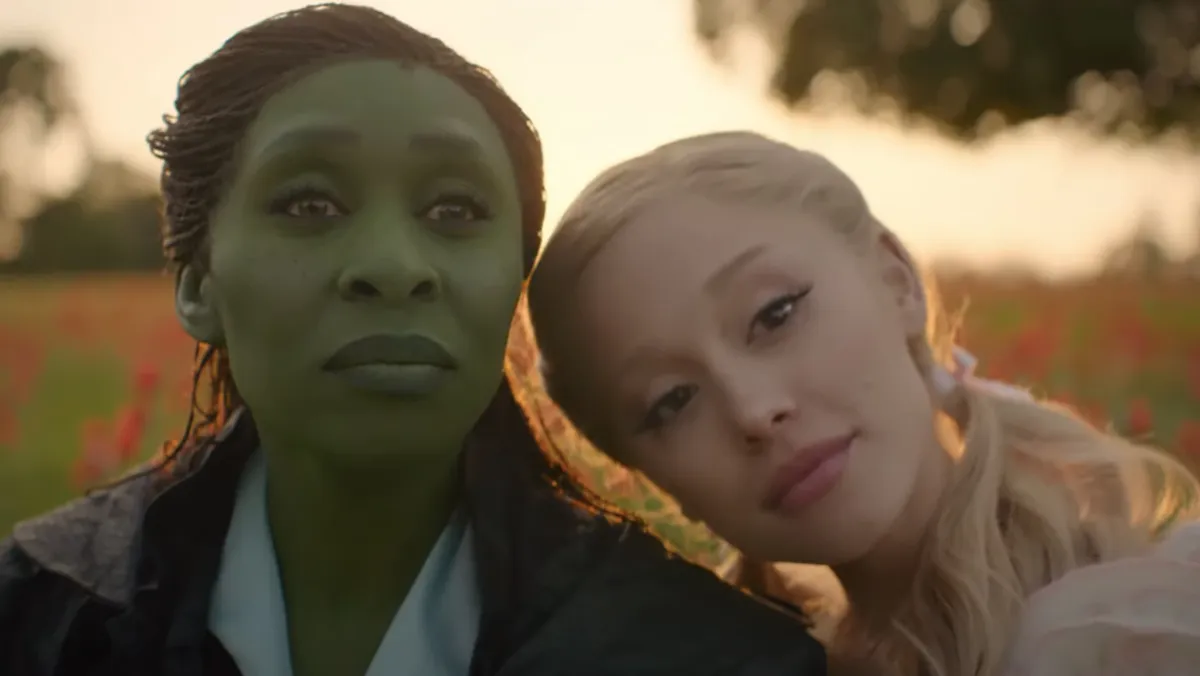We are in the golden age of superhero media, but while the Marvel Cinematic Universe and other live-action movies and shows have defined the genre’s recent success, animated superhero films and shows have been doing the most to push boundaries and to invigorate people’s passion for costumed heroes.
Spider-Man: Across the Spider-Verse is even more proof that the best medium for superheroes is not live-action, but animation. (No spoilers for Across the Spider-Verse!)
More than in live-action, directors and animators have immense control over the action and visuals of animated superhero movies and shows. This allows them to pull off impossible maneuvers with less concern for keeping it “grounded” or “realistic.”
This works especially well for superhero media as the protagonists are meant to be stronger, faster, and just generally “more” than the average human. Into the Spider-Verse and now Across the Spider-Verse have some of the most incredible, gravity-defying sequences ever put to film, without feeling dizzying. The fact that the visuals also go out of their way to be dynamic rather than realistic also add to the visual engagement of the movie.
How action reveals character
That’s not to say that animation is only good for fight scenes—far from it.
Director Brad Bird is famous for intense character moments in his films, with the action of characters being used to highlight issues that protagonists face like aging bodies, not knowing their own strength, or a general fear of not being able to project the ones you love. He uses superpowers as a metaphor to explore family dynamics, capitalism, fanboy toxicity, and many other themes that still resonate with audiences almost two decades later.
Across the Spider-Verse uses animation to highlight the emotions of a scene, with Gwen and her Father frequently being the only things in focus during their scenes together, and the color palette adding to the metaphor of trans identity that is woven into Gwen’s arc.
A tribute to the original medium
While the MCU does a good job at recreating some of Marvel’s most famous images, animation allows filmmakers to quite literally turn comic books into moving paintings. Using all kinds of different art styles allows easy translation for different universes.
The Spider-Verse movies are especially powerful for the ways that they pay tribute not just to the animated Spiderman movies but also to the many shows, from the 1960s to the present. For many generations of fans, the Saturday morning cartoons were how they were introduced to our favorite wall-crawling web-slinger. It’s not just an easter egg, but a wonderful tribute to the medium as a whole and how Spider-Verse wouldn’t exist without these earlier works.
Unique stories
There’s also the fact that there are some stories that can only be told in the medium of animation.
While the WB Kids’ The Batman cartoon was much maligned by fans of Batman, one of the best episodes of the show is one where the Joker attempts to become the Caped Crusader. This story only works with this version of the character, as The Batman’s Joker is much more acrobatic (no pun intended). I love BTAS’ Joker, but he almost never came close to matching Batman in physical combat.
And while we can’t give Spider-Verse all the credit, it seems unlikely that the multiverse explored in Spider-Man: No Way Home would have happened without Into the Spider-Verse paving the way.
Voice Actors
Honestly, if anyone is going to value voice actors’ ability to capture a likeness of a character, it’s superhero fans. People who grew up with Batman: The Animated Series or the Arkham games or any of the other dozens of projects that Kevin Conroy and Mark Hamill worked together on most likely see them as THE voices of Batman and the Joker. They set the bar incredibly high, and surpassing their performances in animation or live-action is rarely managed.
Across the Spiderverse acknowledged the role these actors play in building these incredible characters, bringing back the Spectacular Spider-Man character and voice actor for a cameo.
Yes, animation is for all ages
While animation can be made for a young audience, the medium is also often able to explore incredibly dark, adult themes. Despite shows like Teen Titans, Batman Beyond, and Spectacular Spiderman all having casts of mostly teens, the shows are able to have incredible arcs about addiction, abuse, and other issues that can be explored in a non-exploitative way.
At the same time, not every animated superhero series is made for kids. Invincible is as horrifying and bloody as some of the goriest horror films, showing how violent superhero-ing would be in practice. But unlike many of the live-action grimdark superheroes, who frequently have their costumes desaturated to fit this “darker” aesthetic, Invincible keeps the colors incredibly saturated, which serves to make the appearance of blood and bruises even more noticeable.
What’s your favorite animated superhero movie/show? Comment below!
(featured image: Sony Pictures Releasing)










Published: Jun 5, 2023 03:07 pm